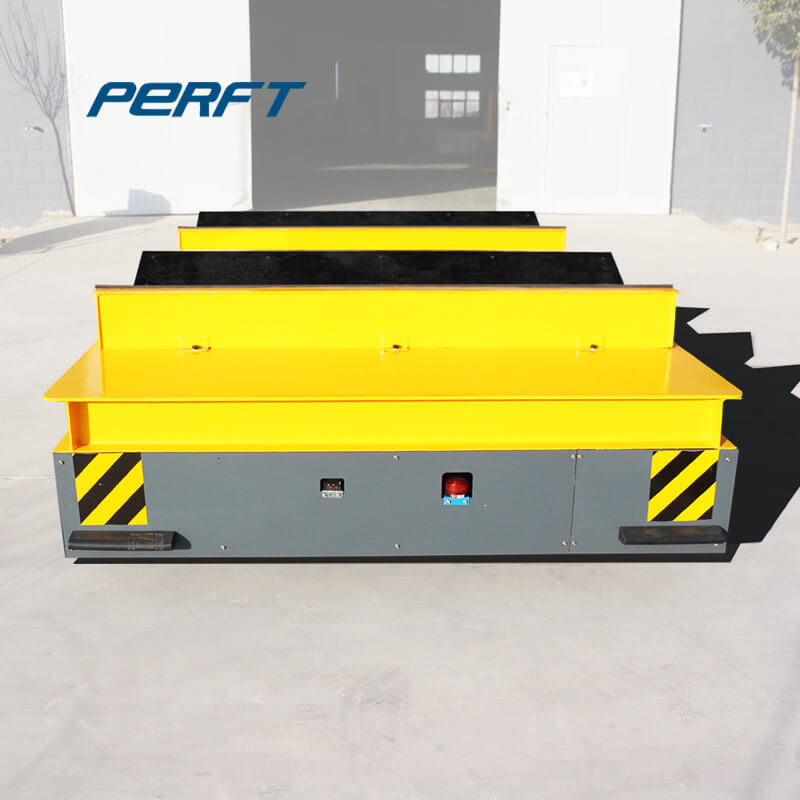








Our physicians have reviewed your admission of (date) to (name of provider) for (specify the procedure/treatment or condition/services). We determined that your admission was medically necessary and appropriate. However, certain inpatient hospital service(s) and item(s) you received are denied for Medicare payment.
A statutory body established on 1 December 1990 under the Hospital Authority Ordinance to manage all public hospitals in Hong Kong.
Transfer – The comprehensive infrastructure and process involved before, during, and after moving a patient from one location to another. Transport– The physical process of moving a patient from one location to another. Guide for Interfacility Patient Transfer .
This agenda is a good fit with the QIPP programme since ensuring effective transfer of information potentially avoids waste, promotes adherence and prevents readmissions. Pharmacists working within GP practices could take responsibility for ensuring that patients who have transferred across care settings have had their information accurately transferred and received.
1. The hospital has appropriate medical equipment maintenance workshop as per the national standard, proper calibration, maintenance and measuring tools in adequate manner. 2. The Hospital has a Medical Equipment Management Advisory Committee from
A statutory body established on 1 December 1990 under the Hospital Authority Ordinance to manage all public hospitals in Hong Kong.
The eDischarge Summary Standard enables hospitals to safely transfer standardised clinical information using PRSB headings and coded data (SNOMED CT and dm+d) which can be extracted directly into GP IT systems, when a patient is discharged from hospital care.
Hospital quality metrics are a set of standards developed by CMS to quantify healthcare processes, patient outcomes, and organizational structures. In value-based payment models, quality metrics are used to adjust provider reimbursement rates, offering a bonus in the event of above average ratings or a penalty for failing to meet standards.
On November 2, 2018, the Centers for Medicare & Medicaid Services (CMS) released its final 2019 payment rule for ASCs and hospital outpatient departments (HOPD). In addition to 2019 payment rates, that rule contains new requirements for Medicare’s ASC quality reporting program. ASCs that do not meet the reporting requirements could be subject to
• Good transfer of information enables professionals to apply their knowledge in using this information to provide safe and appropriate health management. • Let’s keep them safe.
Areas for improvement. There has been a very small improvement over the previous year for patients not being ‘bothered’ by noise at night by staff (80% in 2017, 79% in 2016). However, a large proportion of patients (40%) are still affected by noise from other patients, and over time this is mostly unchanging.
5. The transferring and receiving nurse connect. Communication technology can help with this aspect of hand-off communication. For example, enabling the transferring nurse to call the patient
Quality risk management is a systematic process for the assessment, control, communication and review of risks to the quality of the medicinal product. It is a valuable component of an effective quality system. Risk management may be used to assess the risk